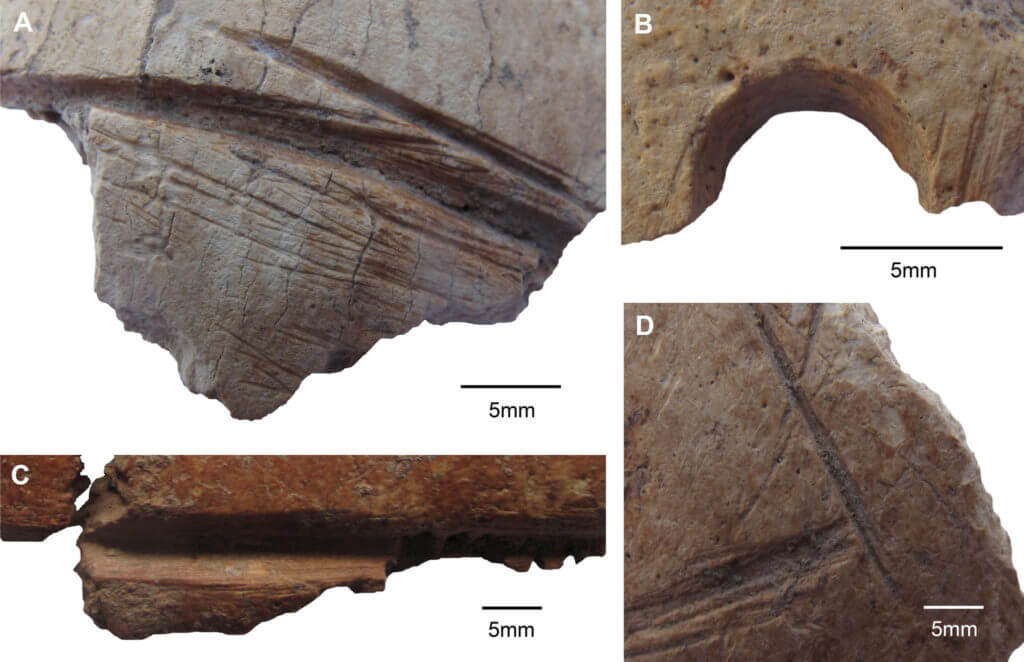More than 9,000 years ago, a mysterious group of hunter-gatherers built what might be described as the world’s first known temple.
Located in southern Turkey, this ancient place of ritual worship predates Stonehenge by 6,000 years and the first Egyptian pyramids by 5,000 years.
…
The site also contains an excessive number of fragments of human skulls — including some that now appear to have been carved by ancient human hands, according to a new study.
The ritual use of human skulls may seem macabre to most of us today, but the archaeological record suggests that skull cults — groups that assigned symbolic importance to skulls — were quite common in the area around the Mediterranean Sea at the time the temple, known today as Goebekli Tepe, was in use.

The GLP aggregated and excerpted this blog/article to reflect the diversity of news, opinion, and analysis. Read full, original post: In a temple that predates the pyramids, scientists find evidence of a mysterious ‘skull cult’































